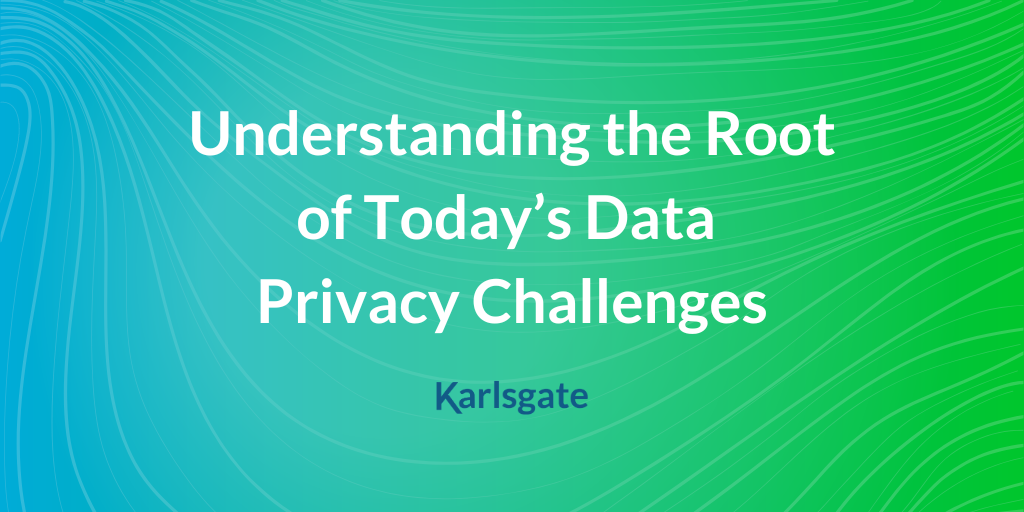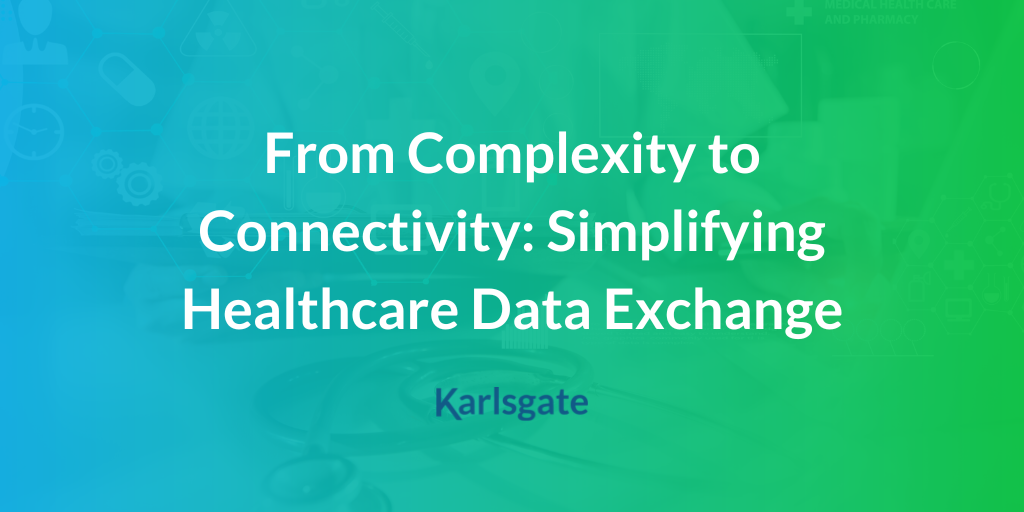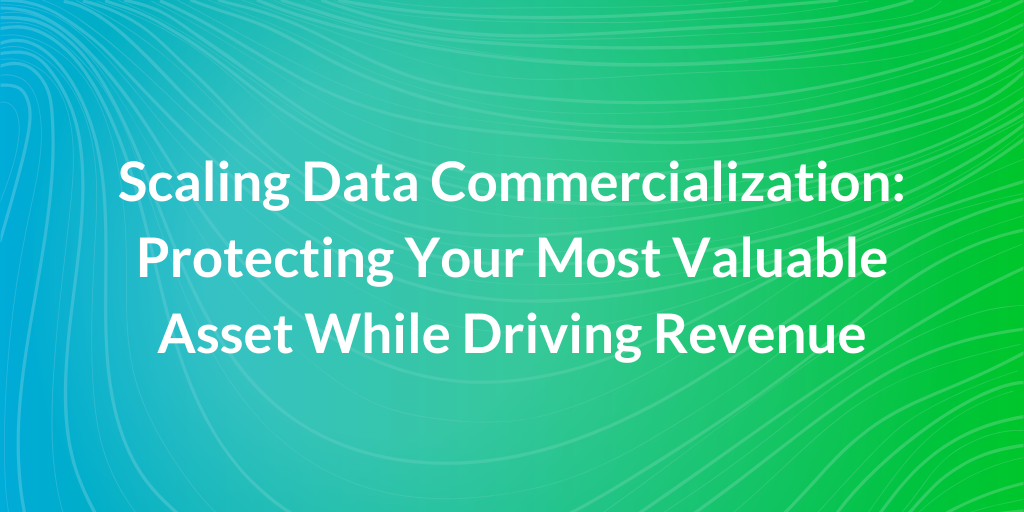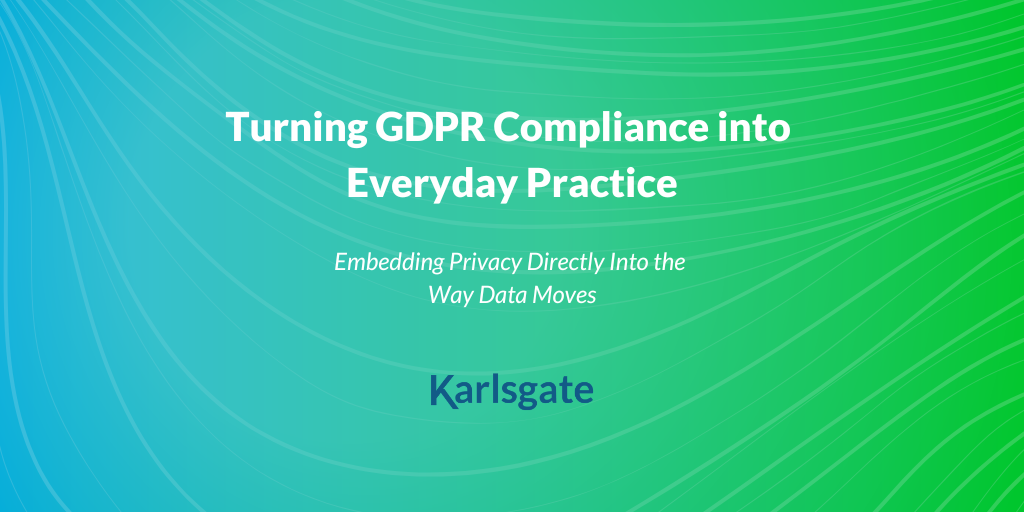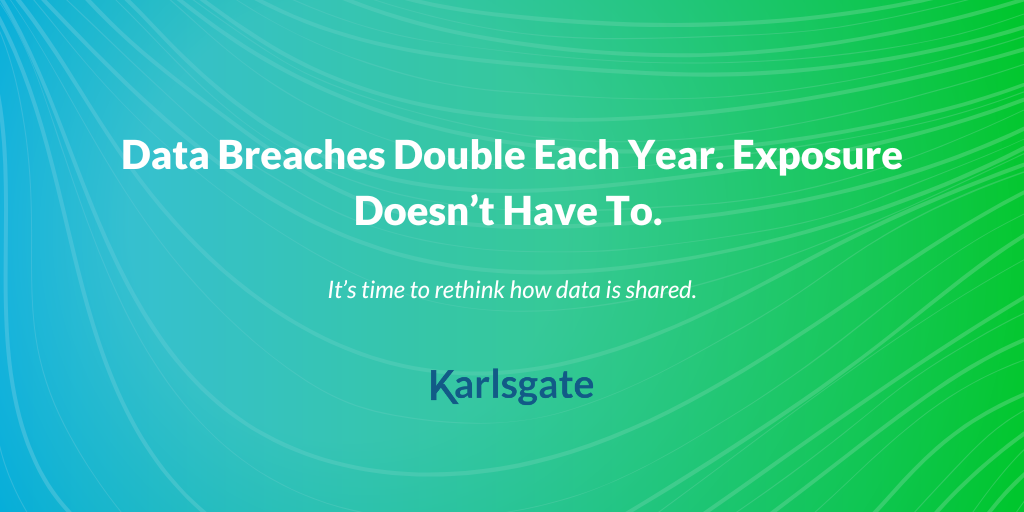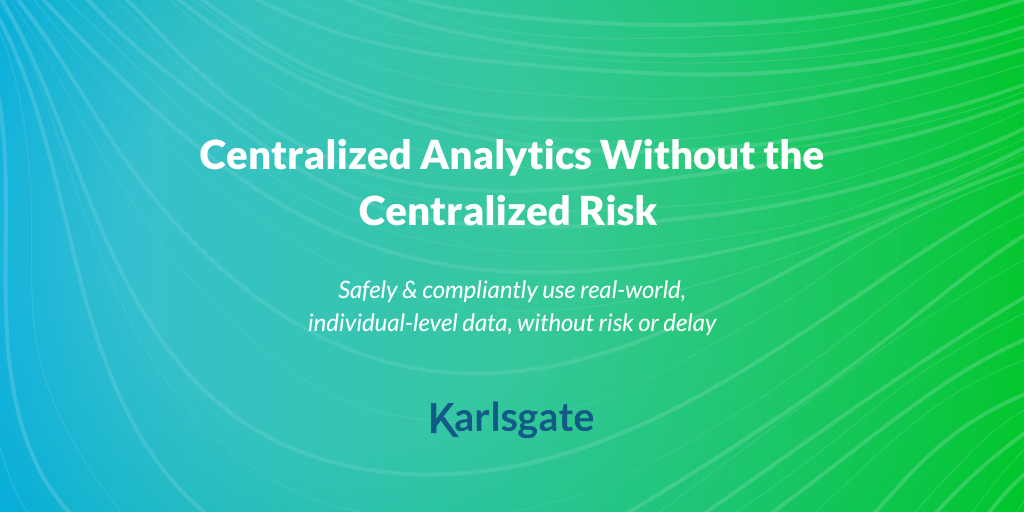The upcoming privacy act in Australia is poised to significantly impact current marketing and advertising practices. This is a positive step towards protecting consumer privacy, but it also raises...
Data Collaboration is Broken.
Businesses rely on data more than ever. But collaborating securely? It’s still harder than it should be.
Most organizations waste too much time just trying to exchange insights. Every collaboration means navigating legal and compliance hurdles, negotiating custom processes with each partner, and waiting in line for IT support—slowing everything down before the work even begins.
Why? Because traditional data-sharing models weren’t built for today’s needs. They create bottlenecks, adding friction at every step when businesses need seamless, scalable workflows.
In addition, many of today’s Privacy Enhancing Technologies (PETs) address only part of the challenge. Some are effective for specific use cases but fall short when organizations need to match records with external partners. Others struggle to scale, making them impractical for large-scale data collaboration. And some still require a level of trust at certain points in the process—leaving gaps in protection.
These limitations hold businesses back. While some newer approaches have made progress in protecting data, they still don’t eliminate all the roadblocks. Whether due to scalability issues, trust dependencies, or constraints on certain use cases, they force businesses to make trade-offs that shouldn’t be necessary. Organizations need a solution that keeps data protected while enabling collaboration at full speed—without compromise.
A New Approach: Protected Data Pipelines
Data isn’t just information—it’s a competitive asset. It’s intellectual property. It’s what makes your business unique. But most collaboration models were designed for a different era—one where speed, automation, and global scale weren’t a priority.
That’s why forward-thinking companies are moving beyond traditional models. Instead of sharing sensitive data or waiting weeks for approvals, they’re using Protected Data Pipelines to:
- Eliminate exposure risk – No sensitive data is revealed during collaboration.
- Automate collaboration – Reduce manual steps and compliance delays.
- Scale effortlessly – Process billions of records in a day, not weeks or months.
The Breakthrough in Data Security Protocols
With Protected Data Pipelines, sharing doesn’t mean exposing. Instead, an orchestrated cryptographic exchange takes place within the pipes—without revealing identity information.
Collaboration happens instantly, and partners never receive the underlying data in the clear. That means:
- Faster insights without bottlenecks
- Built-in compliance without manual approvals
- Seamless global collaboration without regulatory headaches
Why This Matters Now
The way organizations collaborate with data is evolving fast—and the companies that move first aren’t just keeping up. They’re setting the new standard.
- Speed is a competitive advantage – Organizations that collaborate faster make better, faster decisions.
- Regulations are only getting stricter – Compliance can’t be an afterthought. It needs to be built into the process.
- Data needs to move—but protection must come first – Exposure risks aren’t an option in today’s environment.
The Future of Data Collaboration Starts Now
The companies shaping the future are already moving forward. They’re using Protected Data Pipelines to scale faster, collaborate without limits, and keep full control of their data.
It’s time to join them.
About Karlsgate
For executive leaders concerned about balancing data security with the demand for data across all facets of the business, Karlsgate offers a robust, easy-to-implement solution. Protect your data from risks and breaches while seamlessly accessing it for critical initiatives. Secure and maximize your data's potential with Karlsgate.

